-
POETRY
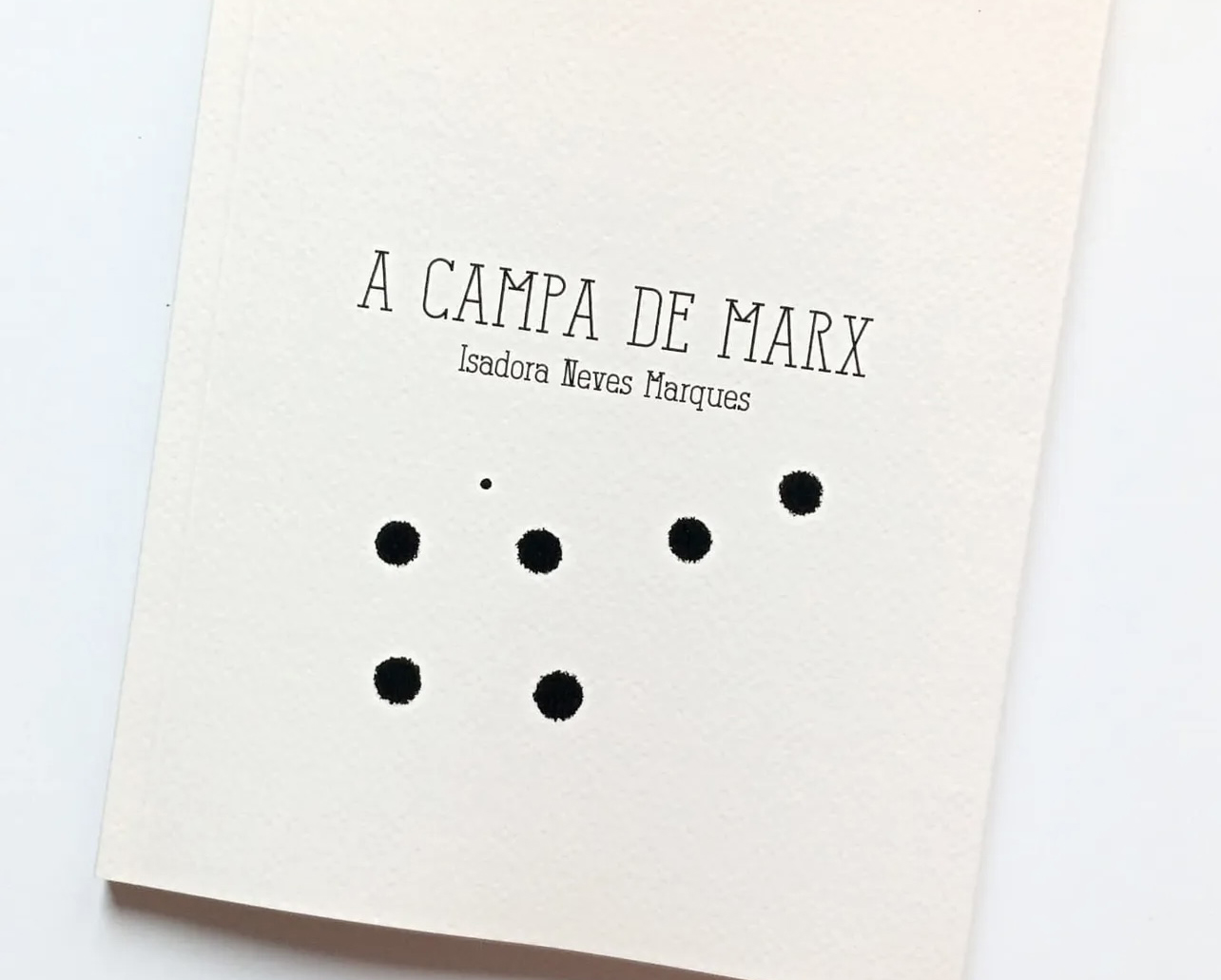
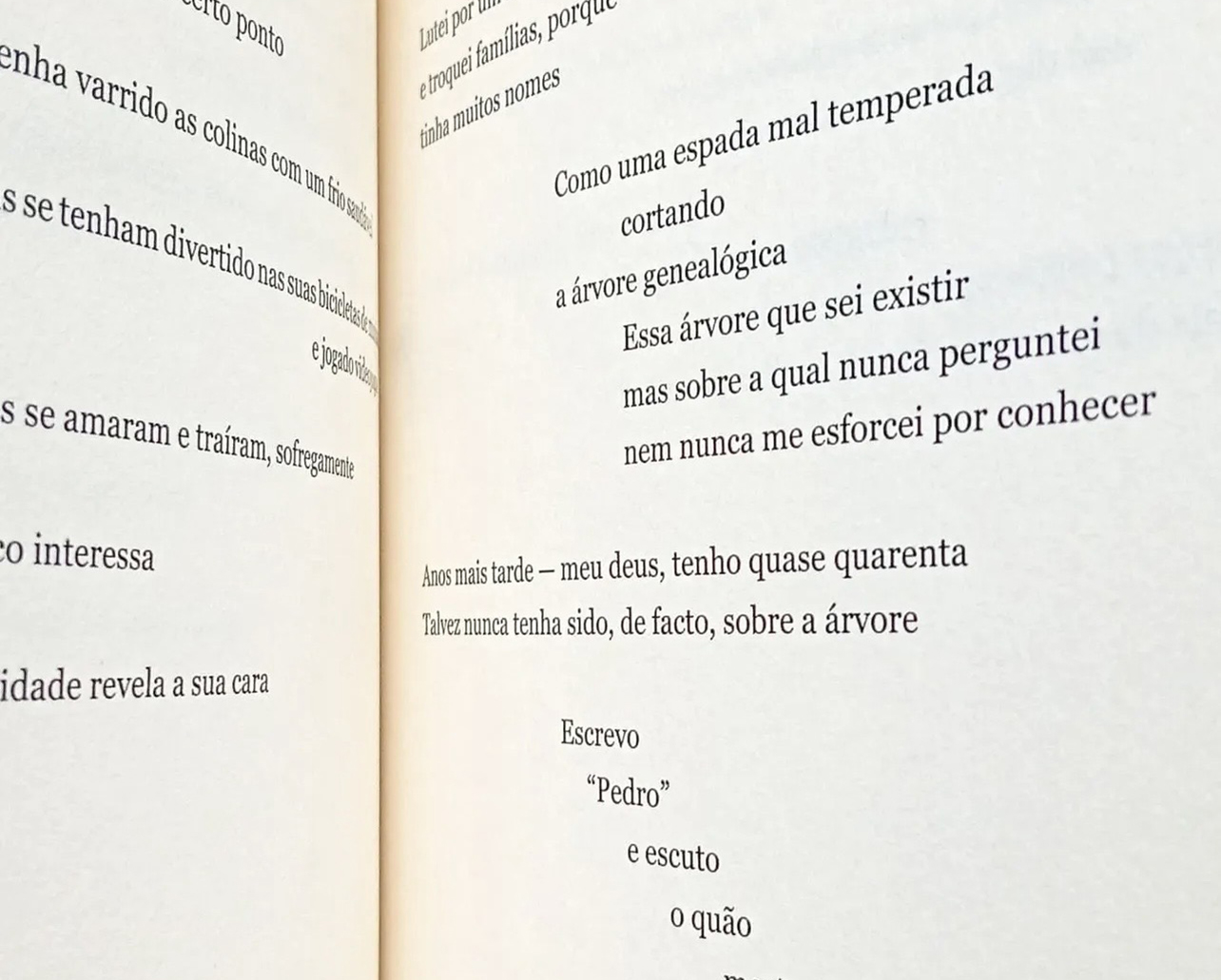
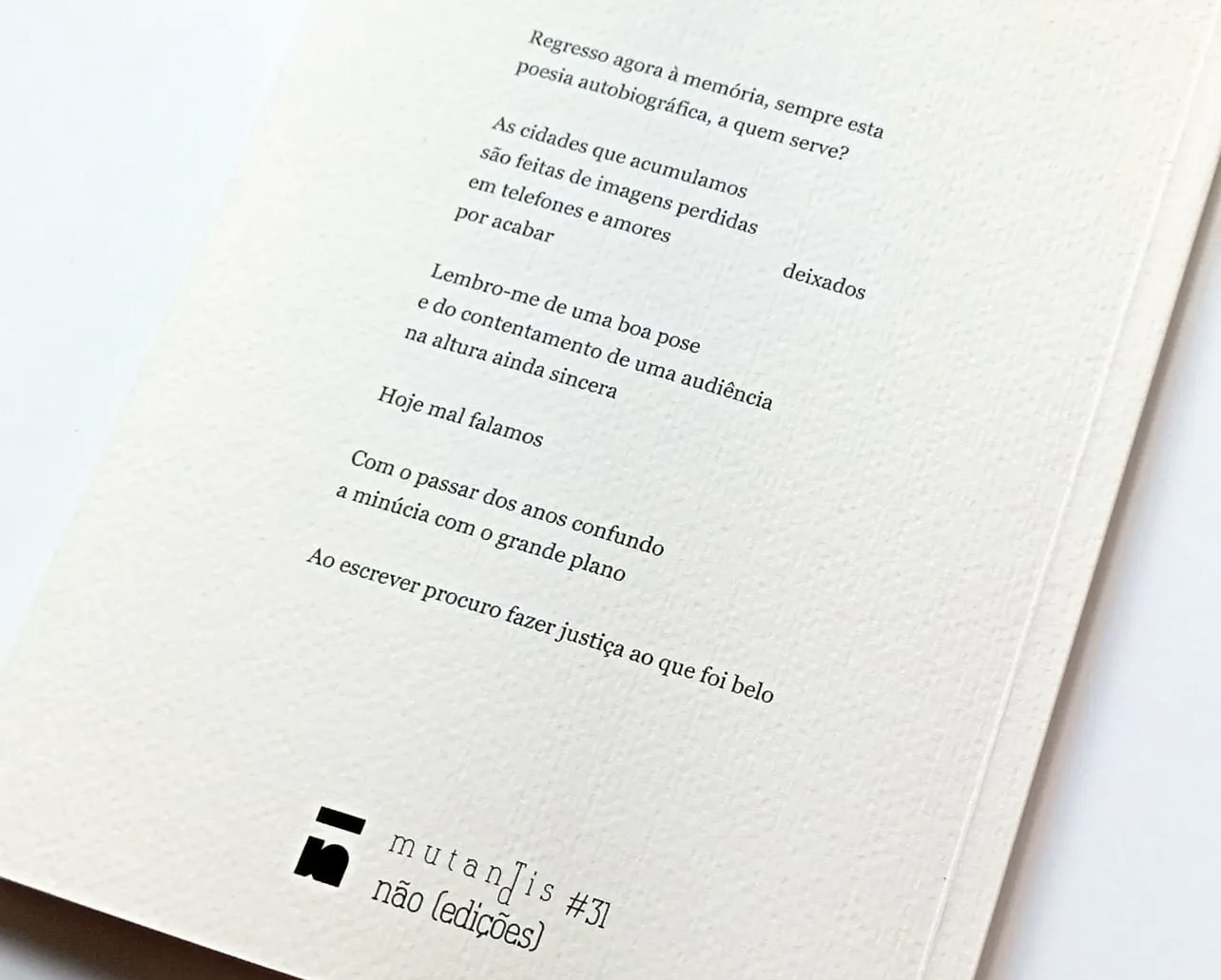
A Campa de Marx
Poetry collection by Isadora Neves Marques. Não Edições, 2025.
A Campa de Marx is the first book of poetry by Isadora Neves Marques published in Portuguese. Confessionality and a certain interplay between autobiography and imagination are part of this writing, almost always thought in the first person. If the title refers, from the outset, to a universe that is simultaneously gothic, politicized and class-based, throughout these poems various subjects are brought up, such as interpersonal relationships, desire and sex, bodily changes, gender identity and, of course, time and loss. These are some recurring themes, although treated in an intimate and not exactly obvious way, opening space for other atmospheres and readings where formal experimentation is also a central aspect. (Não Edições)
Buy the book at Não Edições.
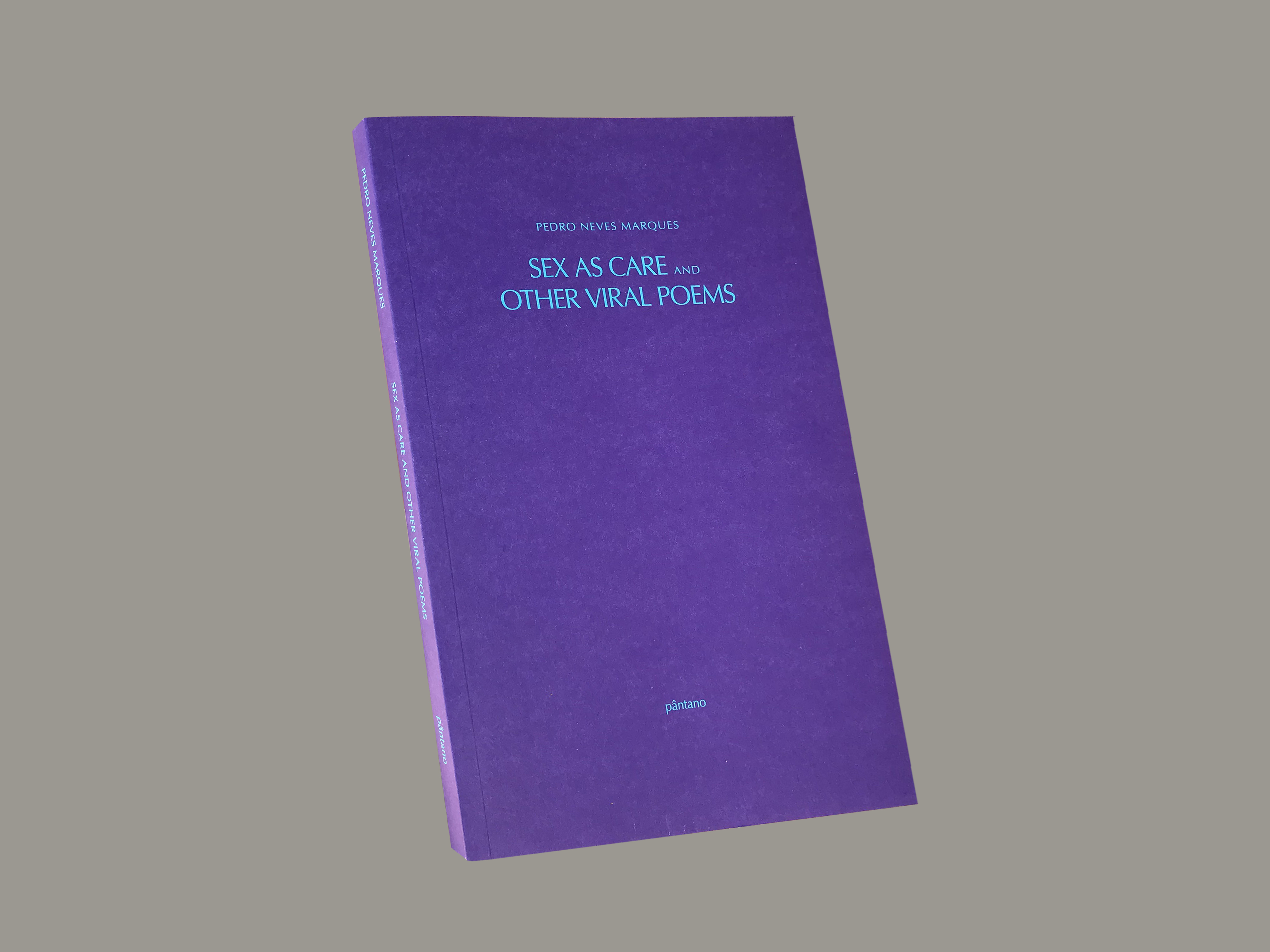
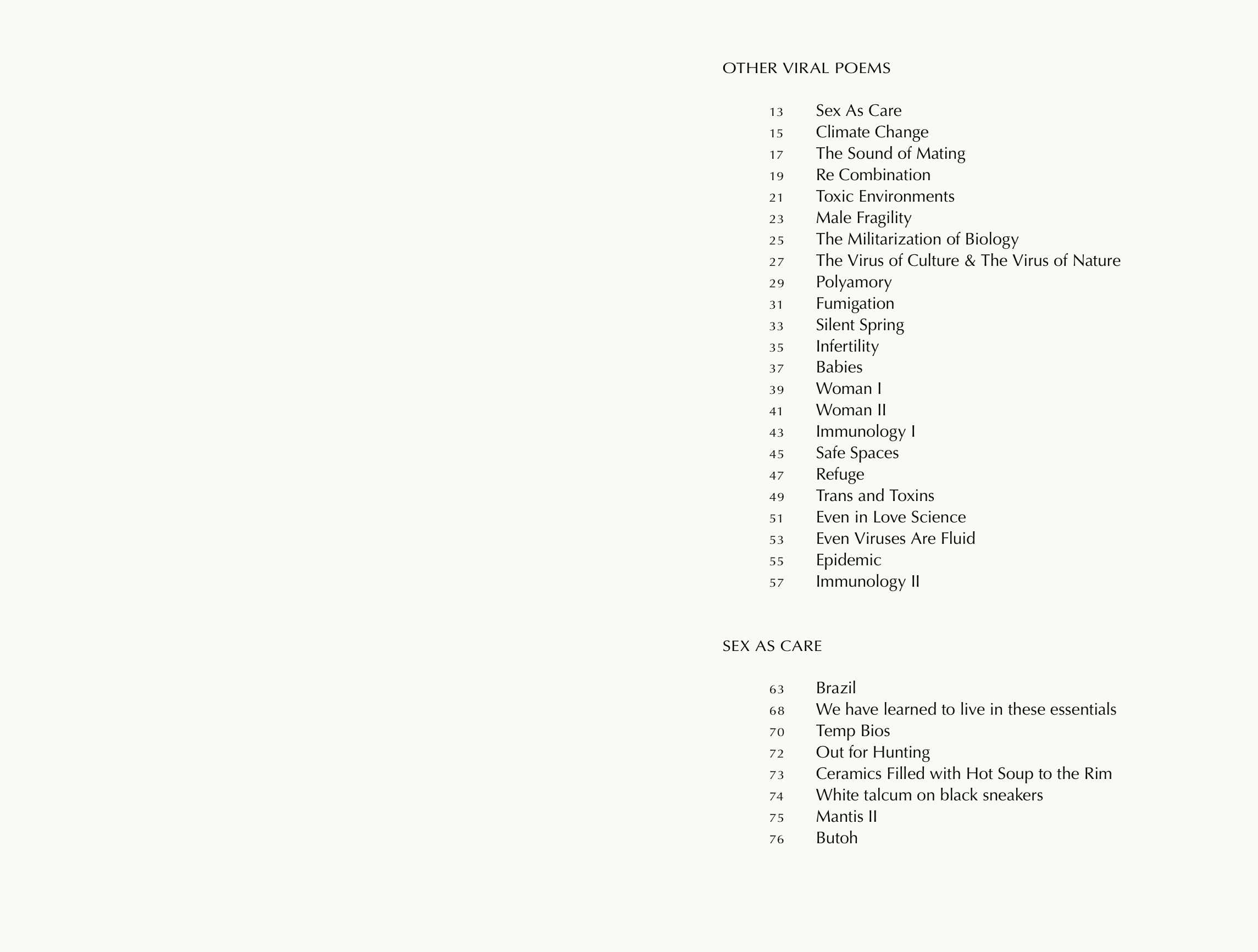

Sex as Care and Other Viral Poems
Poetry collection by Isadora Neves Marques (previously Pedro Neves Marques). Pântano Books, 2020.
Pedro Neves Marques's first poetry collection includes two sets of poems written between 2017 and 2019 and spans the author's biographical geographies, from Brazil and Lisbon to London and New York. From precise geometries to tragicomic gestures and long free verse confessions, Neves Marques’s poetry moves with great honesty between deep social analyses to the tactile quality of remembrance. Whether in a long and devoted poem tying together friendship and historical legacies across the Atlantic in “Brazil” or in the condensed and timed recollections of “Thirteen Days in Lisbon,” the poems collected in "Sex as Care" acknowledge the reality of both care and violence in intimacy. For their part, "Other Viral Poems" takes a more programmatic approach, drawing an analogy between the spread of the Zika epidemic in Brazil, the genetic modification of its carrier mosquito, and the rise of fascism to mount a critique of both gender biases in science and anti-queer populisms. In orderly fashion, the poems coopt a militaristic and technical language to instead create spaces of intimacy where gender, love, trust, and unequal experiences are tested.
Note: post-transition, the writer opted to keep her previous name as the author of the book.
You can read a selection of poems here.
Buy the book at pântano books.
FICTION
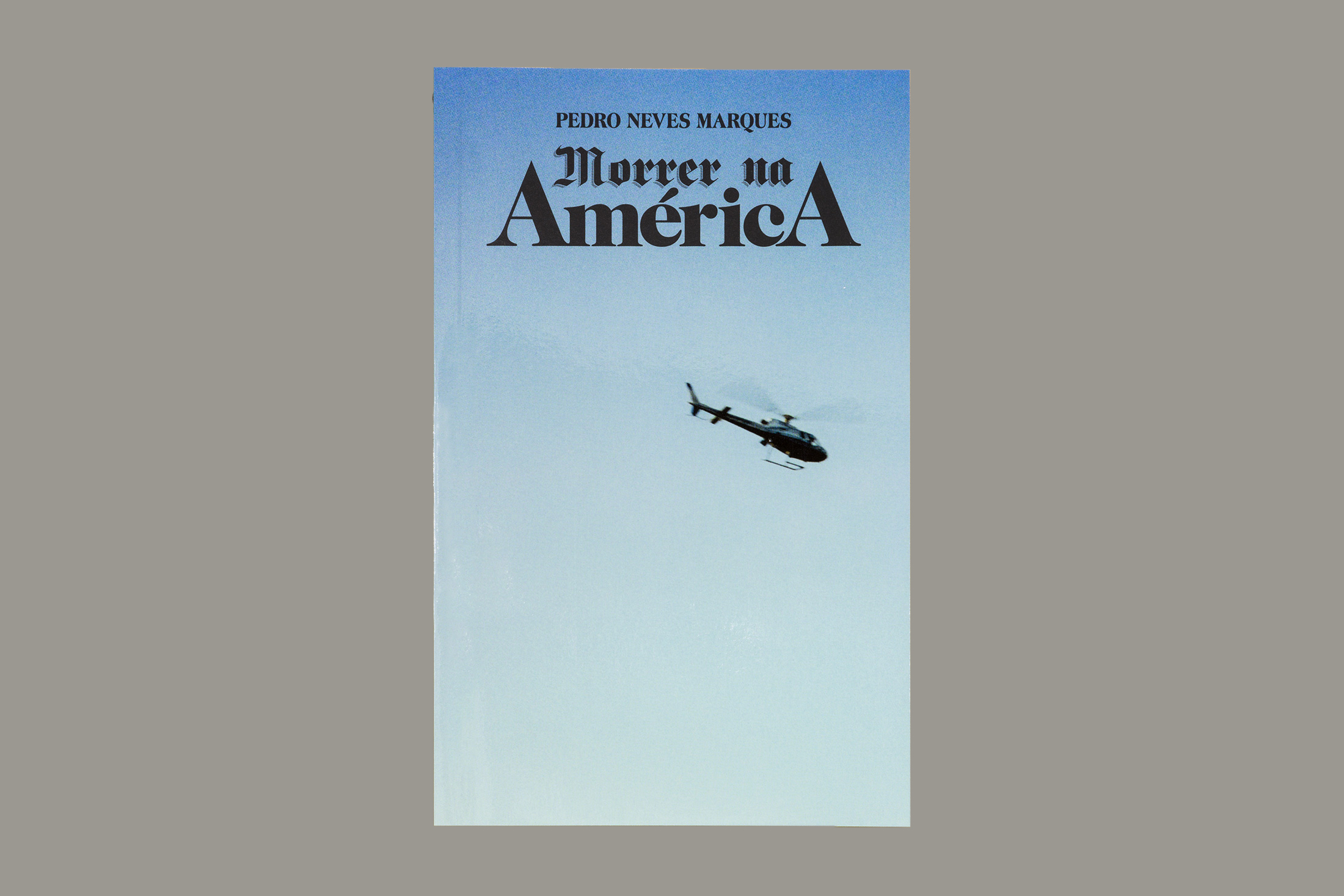

Morrer na América [Dying in America]
Colectânea de contos por Isadora Neves Marques (previously Pedro Neves Marques). Kunsthalle Lissabon e Arranha-Céus, 2017. Portuguese only.
“Cheguei à América na semana em que a cidade de Nova Iorque foi atingida pelo furacão Sandy. A chuva fustigava a fachada das Nações Unidas e, com o frio, congelava como uma segunda pele sobre os vidros. Nas ruas, os movimentos sociais estavam em depressão; os ativistas endividados, sem seguro de saúde, sem segurança social. No interior do país, o movimento libertário prometia uma insurreição, armas eram impressas em plástico transgénico e os ambientalistas eram criminalizados e perseguidos. Para lá dos milharais, mais a sul, no Golfo do México, um mar de petróleo exibia as mutações das espécies, a humana incluída.”
Note: post-transition, the writer opted to keep her previous name as the author of the book.
Leia um dos contos aqui: O limite das boas intenções
Leia uma introdução ao livro aqui: Notas.
À venda em Kunsthalle Lissabon.
ESSAYS (AS EDITOR)
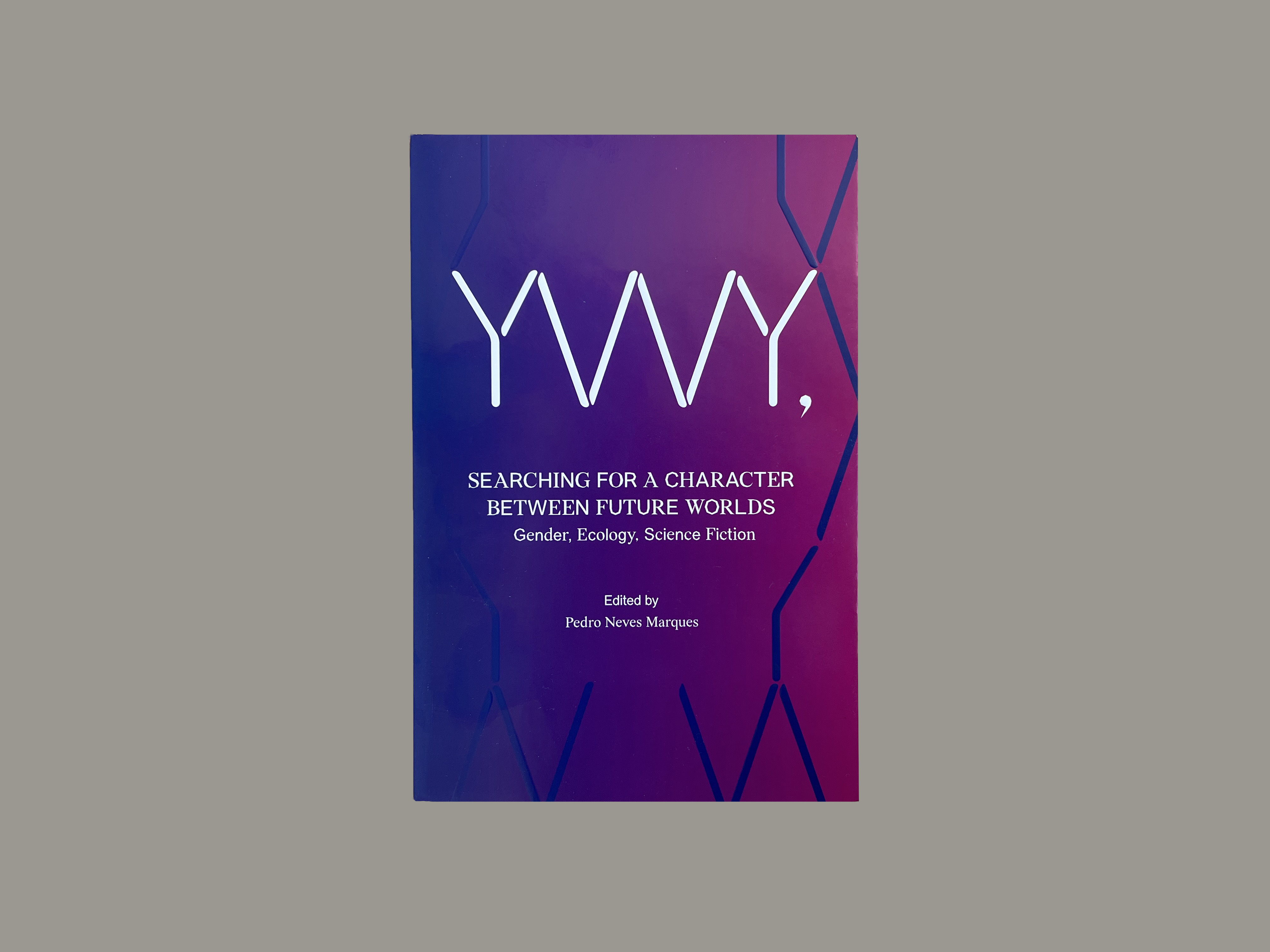


YWY, Searching for a Character Between Future Worlds: Gender, Ecology, Science Fiction
Edited by Isadora Neves Marques (Pedro Neves Marques). Sternberg Press and CA2M, 2022.
Conceived by Isadora Neves Marques (Pedro Neves Marques), YWY is an android played by Indigenous actress and artist Zahy Guajajara, who gave her the name “YWY,” meaning “land” or “territory” in her native Tupi-Guarani language. The character’s co-invention by a European author and a native artist from Brazil sets in motion a dynamic that can be resolved only by being given away and shared with a plurality of voices. YWY, Searching for a Character Between Future Worlds shares the fictional character of YWY with several authors from Brazil, the United States, and beyond, creating a conversation about science fiction and robotics, ecology and gender, Indigenous Futurisms and what it means to be human.
Contributions by Marisol De La Cadena, Grace L. Dillon, Nikita Yingqian Cai, Pedro De Niemeyer Cesarino, M. Elizabeth Ginway, Zahy Guajajara, Suzanne Kite, Rosa Lleó, Pedro Neves Marques, Eliane Potiguara, and New Red Order. With an introduction by Pedro Neves Marques.
Note: post-transition, the writer/editor opted to keep her previous name as the author of the book.
Buy the book at Sternberg Press.

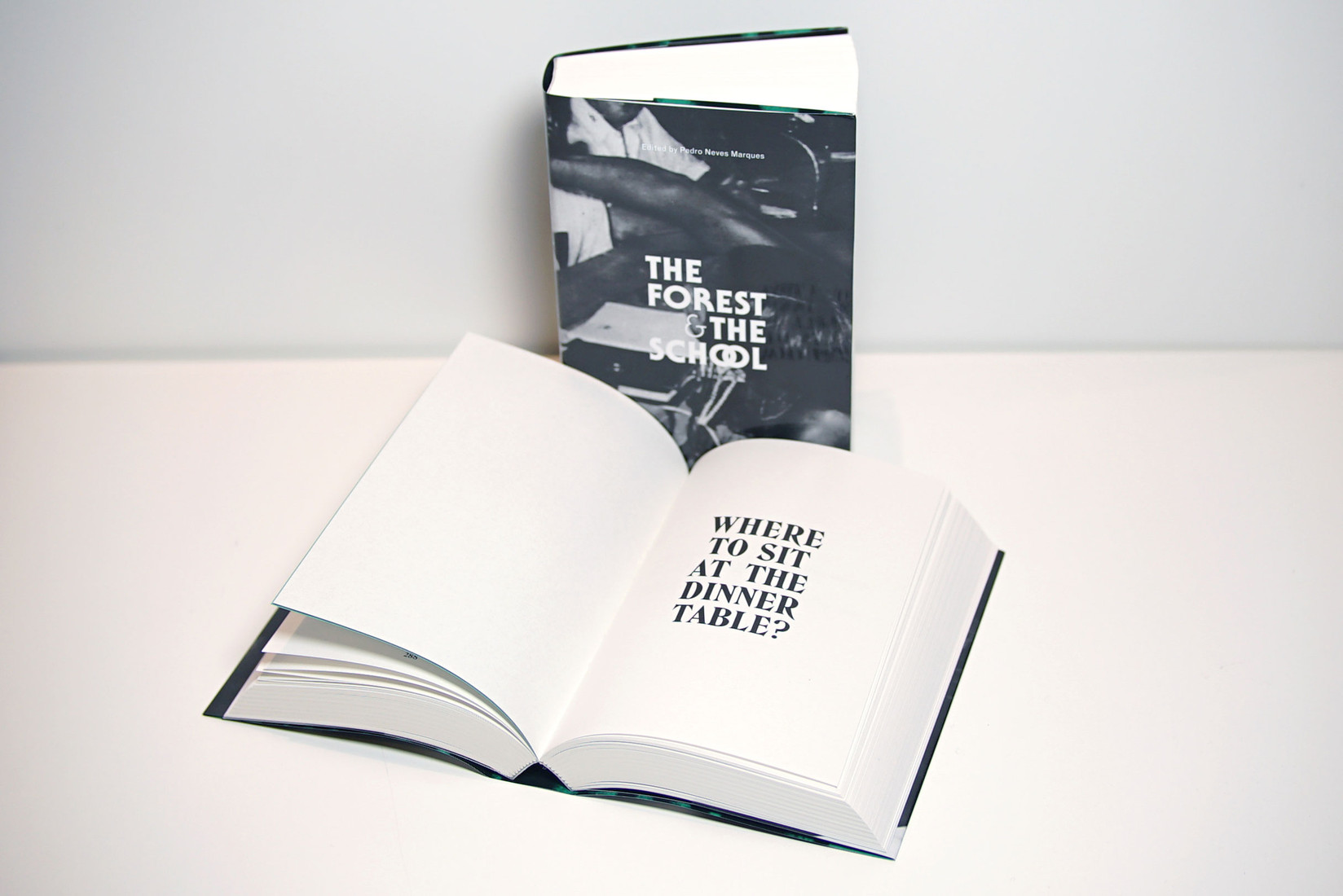
The Forest and The School / Where to Sit at the Dinner Table?
Edited by Isadora Neves Marques (Pedro Neves Marques). Archive Books and Academy of the Arts of the World - Cologne, 2015.
The Forest and The School is a comprehensive anthology in English about the Brazilian tradition of Antropofagia (meaning anthropophagy or cannibalism), including first time translations. In the sixteenth century the image of Amerindian cannibalism was central to philosophical disputes on the meaning of humanity itself. This question was rediscovered in the early-twentieth century by the Brazilian avant-garde associated with the imprint Revista de Antropofagia and the revolutionary ideas expressed in Oswald de Andrade's 1928 "Anthropophagic Manifesto." Instead of rejecting a dominant Western culture, Antropofagia called for the transformative digestion of modernity's paradigmatic divisions, such as nature and culture, human and animal, object and subject, as well as labor and leisure from a utopian techno-socialist pespective. This anthology revisits Anthropofagia not simply as an aesthetic movement but as a South American cosmopolitical philosophy.
The book collects sixteenth century chronicles; seminal texts from the modernist Antropofagia movement, Oswald de Andrade, Flávio de Carvalho, and Raul Bopp; postwar writings by Glauber Rocha and Hélio Oiticica; contemporary anthropological texts by the likes of Pierre Clastres, Bruno Latour, Eduardo Viveiros de Castro, and Davi Kopenawa; and new commissions confronting Antropofagia with the multinaturalist perspectivism, the Declaration of the Rights of Nature, and contemporary Indigenous struggles.
Note: post-transition, the writer/editor opted to keep her previous name as the author of the book.
You can read the book's introduction here.
Buy the book at Archive Books.
-
WRITINGS (selection)
How to be Responsible Irresponsibly: On Art Beyond Immediacy
in e-flux Journal #155. New York: 2025.
Transgender Robotics: On Love
in e-flux Notes. New York: 2024.
Parallel Futures: Of Spirits and Androids in Cinema
In Schemas of Uncertainty. Amsterdam: 2022.
YWY, Searching for a Character Between East and West
Originally published in Times Museum South of the South #1. Guangzhou: 2020.
Taking the Fiction Out of Science Fiction: A Conversation about Indigenous Futurisms
Interview with Grace Dillon, in e-flux journal #120. New York: 2021.
Male Pregnancies, Exowombs, and the Meltdown Between Hetero- and Homonormativity
In The Stomach and the Port: Liverpool Biennale Reader Liverpool: 2021.
If Futurity is the Philosophy of Science Fiction, Alterity is its Anthropology
In Futurity Report, ed. Sven Lutticken and Eric De Bruyn. Berlin: Sternberg Press, 2020.
Contaminação por Capital: "Violência contra a terra, violência contra os nossos corpos"
Em Revista Punkto. Porto: 2020.
Parallel Futures: One or Many Dystopias?
In e-flux Journal #99. New York: 2019.
Mimetic Traps: Images, Forests, Worlds
In Intercalations 04: The Word for World is Still Forest, ed. Etienne Turpin and Anna-Sophie Springer. Berlin: Haus der Kulturen der Welt and K. Verlag, 2017.
Sophia, with Love and Hate: Will Robot Rights Outweigh Migrant and Indigenous Futures?
In The Baffler. New York: 2017.
How to film light beings: A challenge to twenty-first century cinema
In Tropicália and Beyond: Dialogues in Brazilian Film History, ed. Stefan Solomon. Berlin: Archive Books, 2017.
Whose Limits?
In Former West: Art and The Contemporary After 1989, ed. Maria Hlavajova and Simon Sheikh. MIT Press, 2017.
How Many Natures Can Nature Nurture? The Human, Multinaturalism, and Variation
In Elemental Propositions, ed. Ashkan Sepahvand. Beirut: Sursock Art Museum, 2016.
e-flux Journal's Supercommunity: Apocalypsis
Guest-editors Pedro Neves Marques, Natasha Ginwala, Raqs Media Collective, et al.
On the occasion of the 64th Venice Biennial, 2015.
Also available in book format:
Supercommunity: Diabolical Togetherness Beyond Contemporary Art
New York: Verso Books, 2017.
Look Above, The Sky is Falling: Humanity Before and After the End of the World
Introduction to e-flux Journal's Supercommunity: Apocalypsis, 2015.
Why the Forest is the School
In Qalhala #1., Paris: Kadist Art Foundation/ Beton Salon, 2015.
Introduction to The Forest and The School / Where to Sit at the Dinner Table?
In The Forest and The School / Where to Sit at the Dinner Table?, ed. Pedro Neves Marques.
Berlin: Archive Books, 2015.












